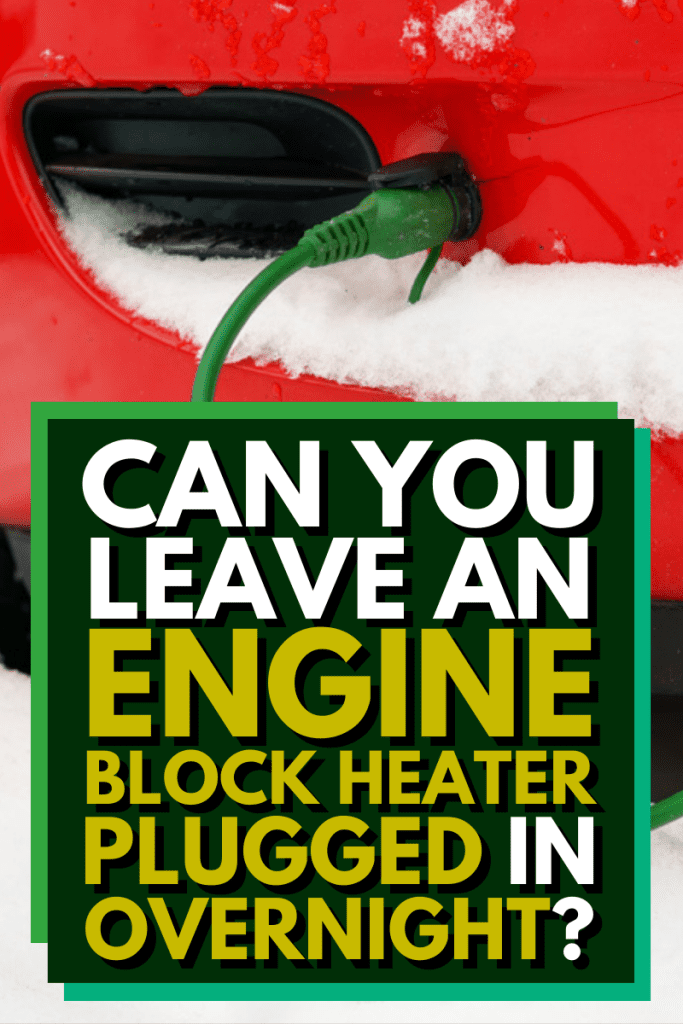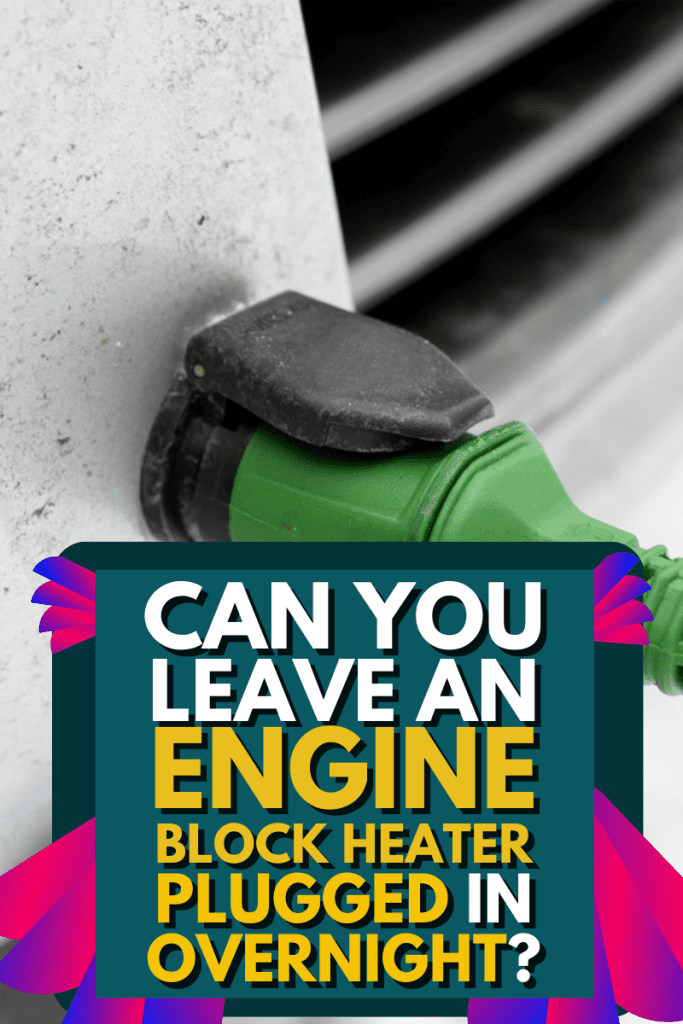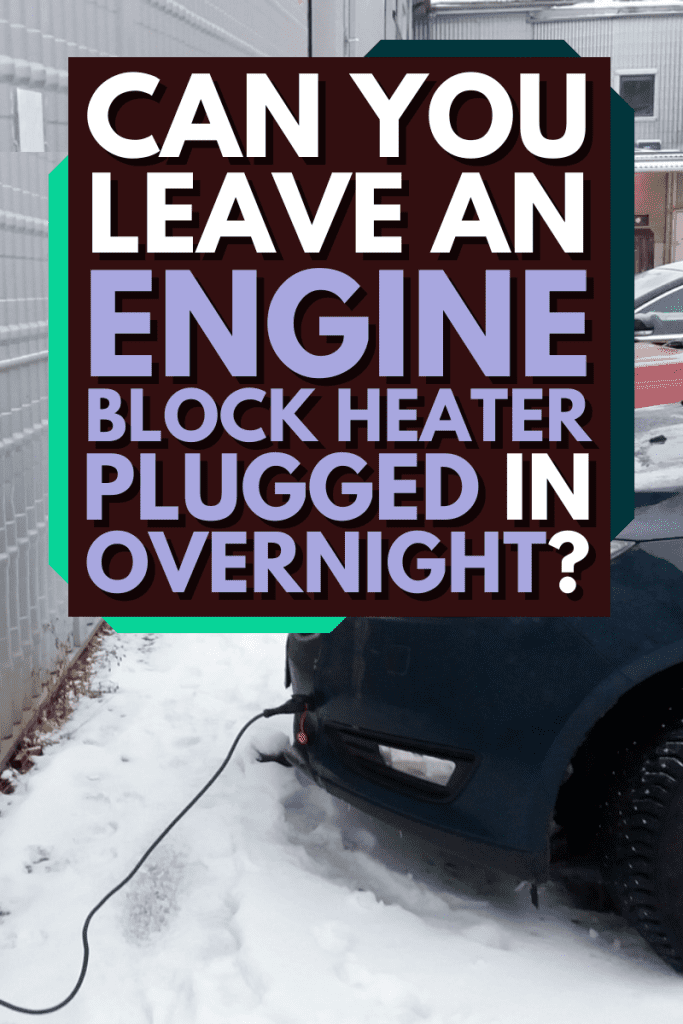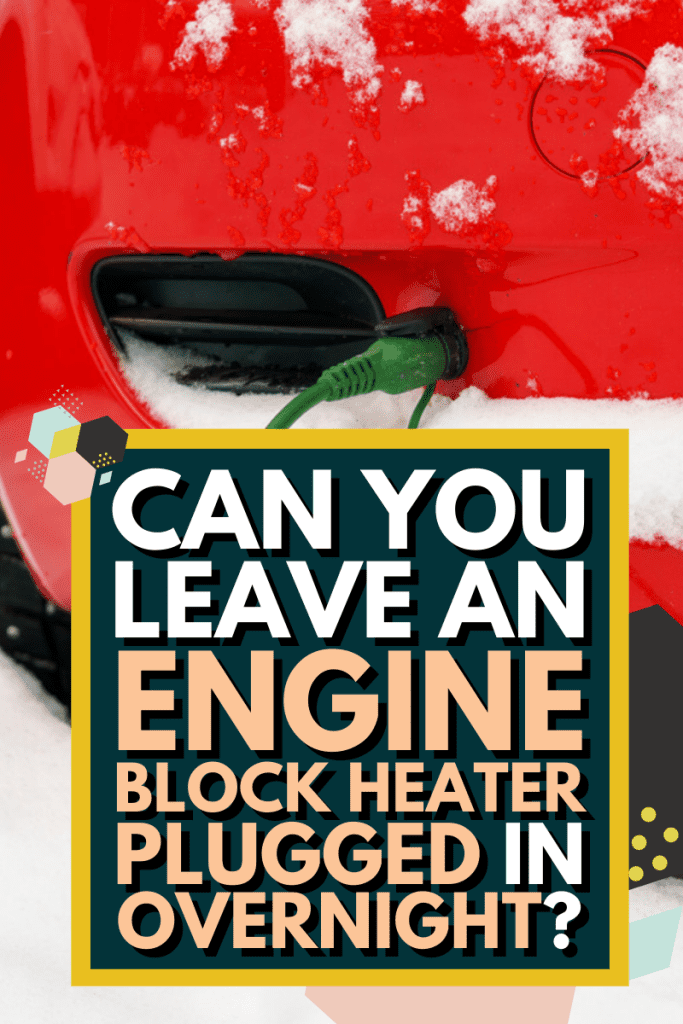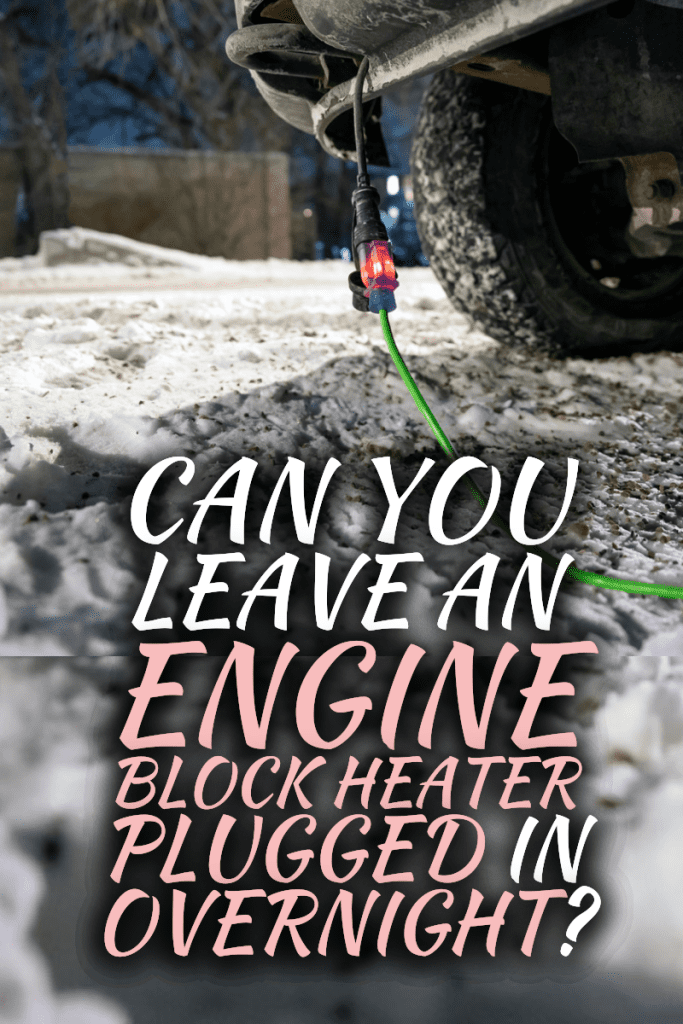Anyone who owns a diesel vehicle knows that diesel engines can be difficult to start when it's cold outside. Since diesel engines don't have spark plugs, they require compression-generated heat to ignite the fuel and run. This is why it's important to ensure that a diesel engine block heater is plugged in prior to starting the engine in cold weather. But can you leave the engine block heater plugged in overnight? We did the research to bring you the answer.
Leaving the engine block heater plugged in overnight won't harm the engine in any way. However, a diesel engine block heater only needs to be plugged in for a few hours to get the engine warm enough to start even in extreme cold, so leaving it plugged in overnight will simply waste electricity.
It's recommended to use an engine block heater timer to avoid wasting electricity while still ensuring that the engine is warm enough to start in the morning.
If you still have some questions about leaving a block heater plugged in for an extended period, don't worry. In this post, we'll discuss the topic in more detail. We'll also talk about how long it takes for a block heater to warm an engine, whether a block heater heats the oil or coolant, whether a block heater is a fire hazard, and more. Without further ado, let's get into it!
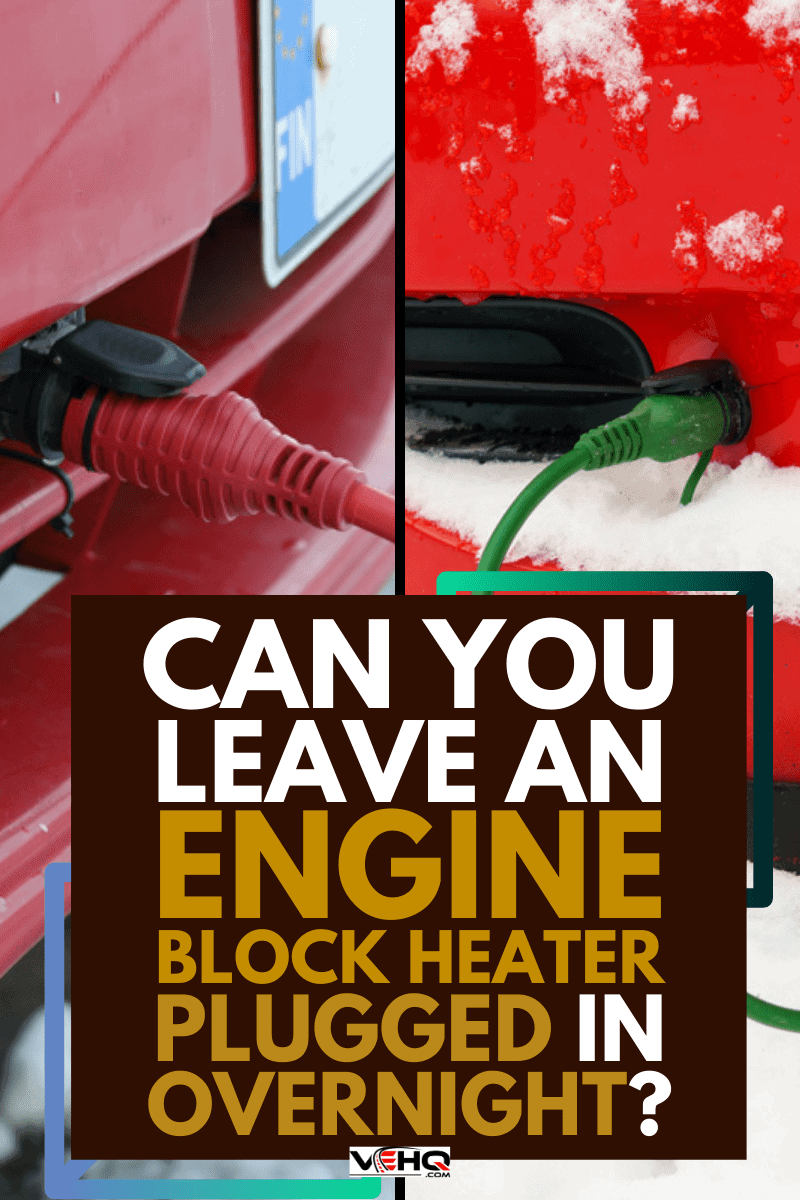
Can You Leave Engine Block Heater Plugged In Overnight?
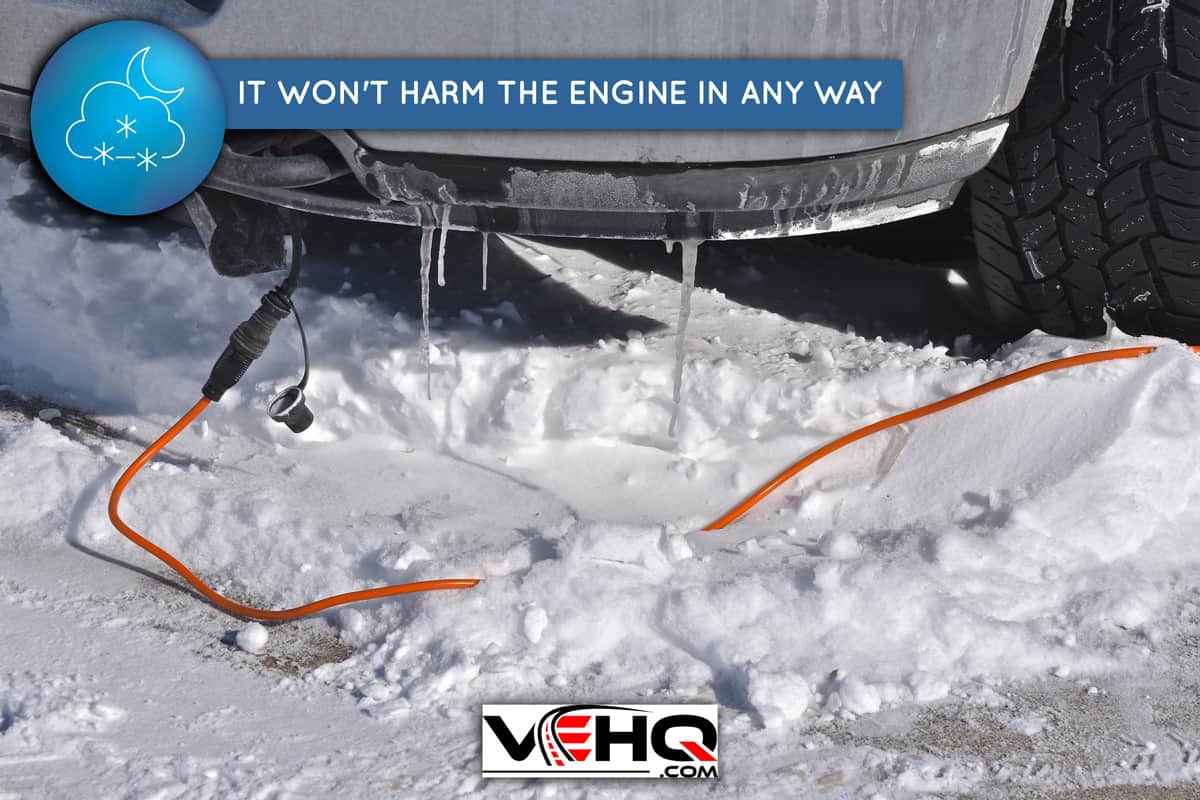
Nobody wants to be late for work because their diesel engine won't start on a cold morning. So, you've likely been plugging your vehicle in before bed each night to ensure that it's ready to go in the morning.
While this won't harm the engine at all, it's a waste of electricity. There's a much better solution that will help you save money on your electric bill while ensuring that your engine is warm enough to start each morning before your commute.
That solution is an engine block heater timer. This type of timer allows you to program when the engine block heater will turn on. These timers are made for a wide variety of outdoor uses, making them the perfect tool to use in conjunction with a block heater.
This timer makes it easy to program a start time for your engine block heater. If you need to leave for work at 8 AM, simply program the timer to turn the block heater on at 5 AM or so, and your engine will be ready to start when you need it to.
Click here to see this outdoor timer on Amazon.
How Long Does It Take For A Block Heater To Warm An Engine?
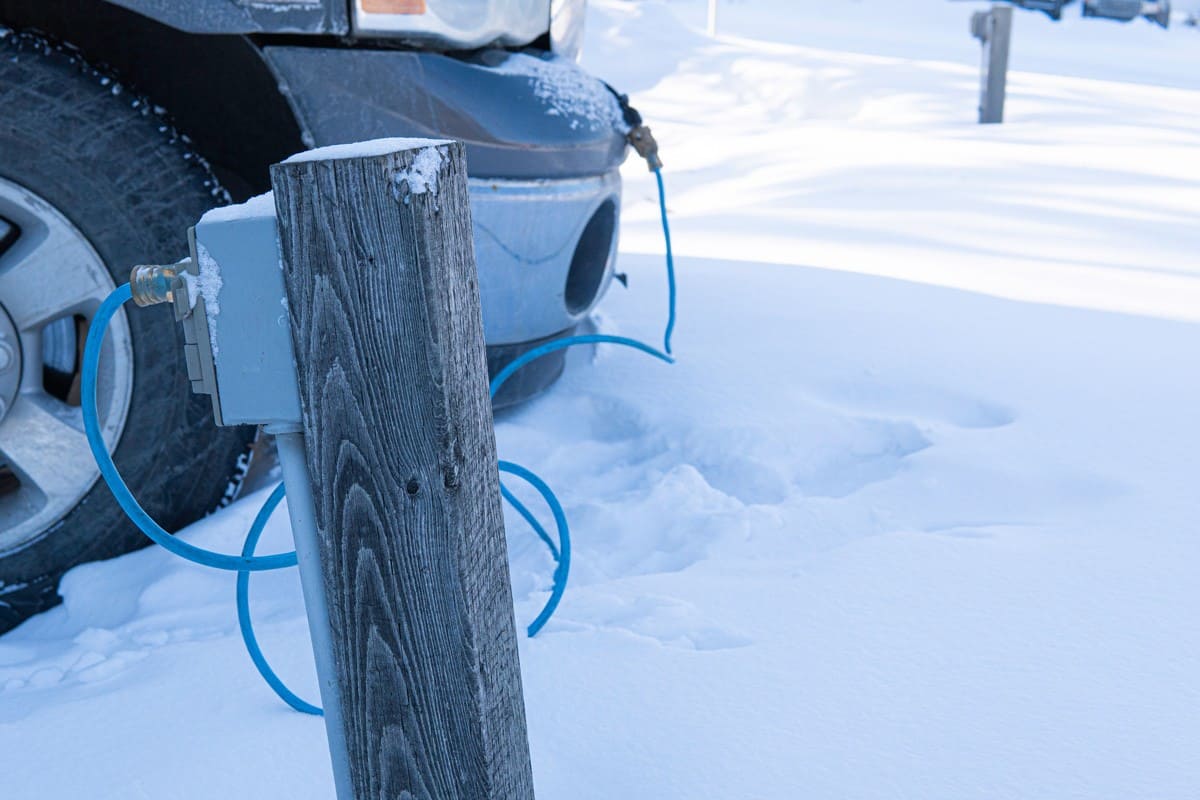
How long it takes a block heater to adequately warm an engine will depend on how cold it is outside. But generally speaking, approximately three hours should suffice in most conditions.
How Long Should I Plug In My Block Heater?
So, now that we know approximately how long it takes for a block heater to warm the engine enough to start, we'll talk more about how this from a practical standpoint.
If it's not extremely cold out (think somewhere in the neighborhood of freezing), two hours might be adequate to warm the engine enough to start. But if it's bitterly cold out, the block heater might need to be plugged in for closer to three hours to ensure a successful start.
And, again, a timer is the best way to go about this. Do some experimentation with different times at different temperatures, and see how easily your engine starts. This will give you a better idea of the required heating time at different ambient temperatures, and you can set your timer accordingly.
Does A Block Heater Heat Oil Or Coolant?
Now that you know a little bit more about engine block heaters, you might be curious about what is actually being heated. It's called a block heater because it heats the engine block, but it's only directly heating the coolant. But by extension, the oil and other engine components are also heated to some extent.
How Do I Know If My Engine Block Heater Is Working?
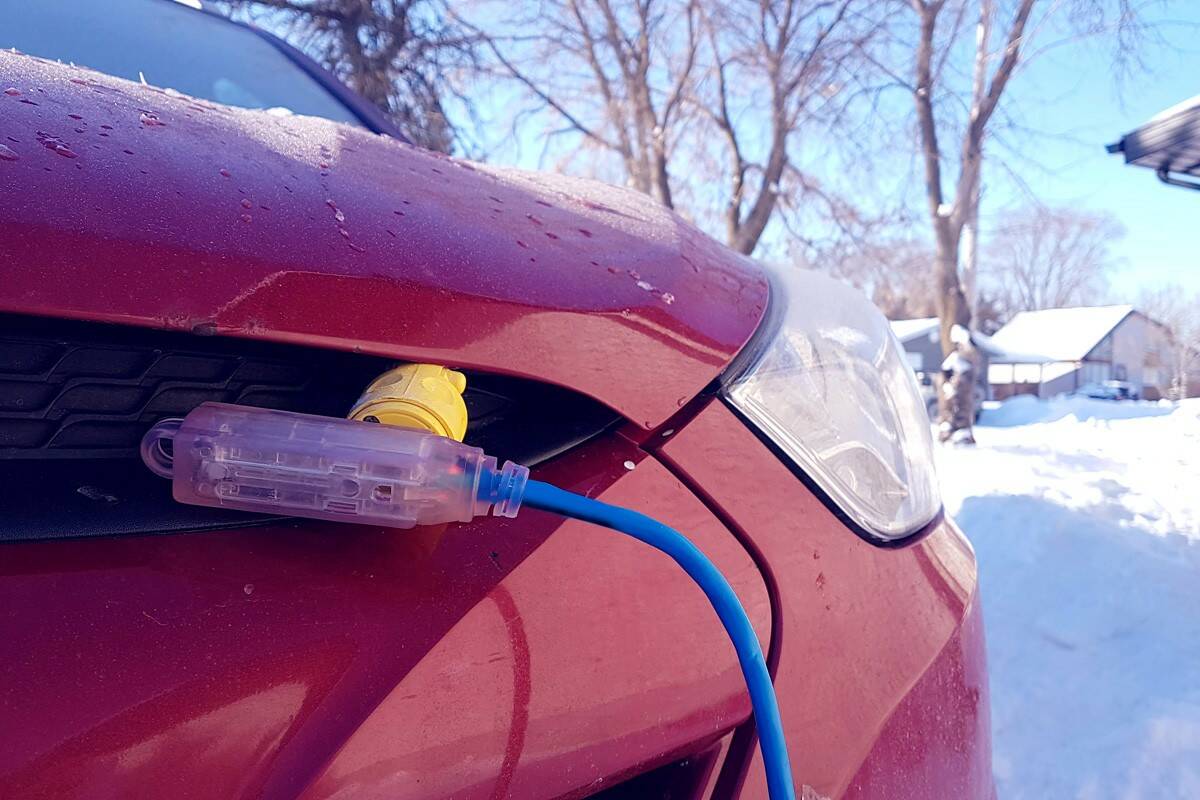
If you live in a particularly cold climate, you'll depend on the engine block heater to do its job so you're not late for work, appointments, etc. the next day. So, it's understandable to want tangible confirmation that the block heater is working before you need to start the engine.
Luckily, there are several ways that you can verify that the block heater is doing its job:
Check The Coolant Temperature
Depending on how modern your vehicle is, it might be able to display the coolant temperature on the instrument cluster. Now that you know that the block heater heats the coolant, you can use that information to help verify that the heater is working.
When you go to plug the block heater in, take note of the current coolant temperature. Then, simply go check the coolant temperature every 30 minutes or so. If the temperature is increasing, it means the heater is working.
Feel The Engine Block
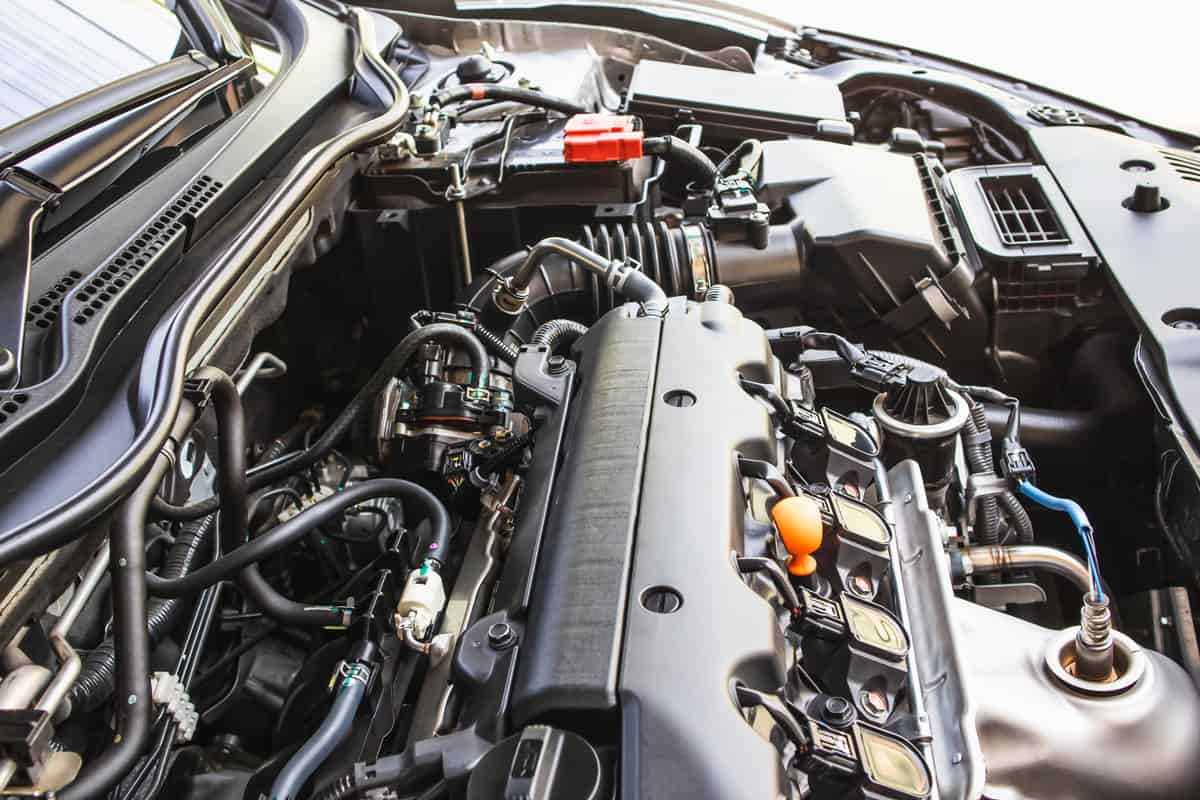
Another easy way to confirm that the block heater is working is to physically feel the engine block. Simply plug in the block heater, wait 30 minutes to an hour, and feel the engine block. Then, feel another part of the vehicle, like the bumper. If there's a noticeable temperature difference, it means the heater is working.
Listen
Some diesel vehicle owners have observed a subtle hissing sound coming from their engine block heaters. Simply plug in the heater and listen. If you hear a similar sound, you can rest assured that it's doing its job.
Start The Engine
And lastly, you can verify that your block heater is doing its job by attempting to start the engine. If it's cold outside, the block heater has been plugged in for a while, and the engine starts right up without any issues, it's reasonable to conclude that the block heater is working properly.
Do I Have To Unplug My Block Heater Before Starting?
It's perfectly fine to start your vehicle with the block heater still plugged in. However, it's still recommended to unplug it prior to starting the engine so that you don't forget about it and accidentally drive off with it still plugged in. So, unplugging it prior to starting the engine is generally a good practice.
Can A Block Heater Catch Fire?
Just like any electrical component, an engine block heater can potentially catch on fire. There are a couple of typical culprits behind instances of block heaters catching fire:
Cords/Wiring
There have been instances of faulty block heater cords causing fires. Be sure to thoroughly inspect not only the block heater cord for damage but any extension cords being used as well. If you notice any damage at all, it's best to err on the side of caution and have it replaced.
Pure Antifreeze
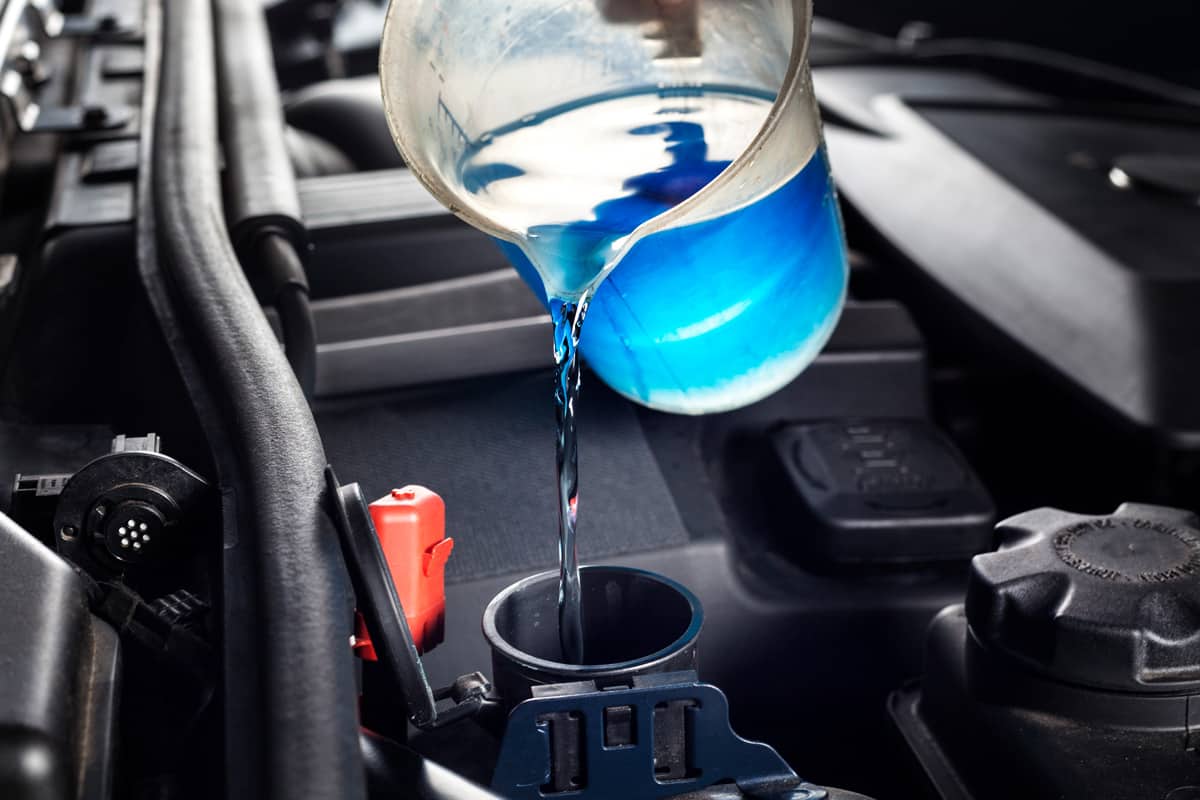
Using pure antifreeze has also been known to cause block heater fires. Believe it or not, antifreeze is flammable. We established that block heaters heat the coolant (which is synonymous with antifreeze). So, the purer the antifreeze (the less diluted it is), the greater the chances of a block heater-induced fire.
A 50:50 ratio of antifreeze to water is generally recommended. So, ensuring that the antifreeze-to-water ratio in your vehicle is correct will help prevent a fire.
In Closing
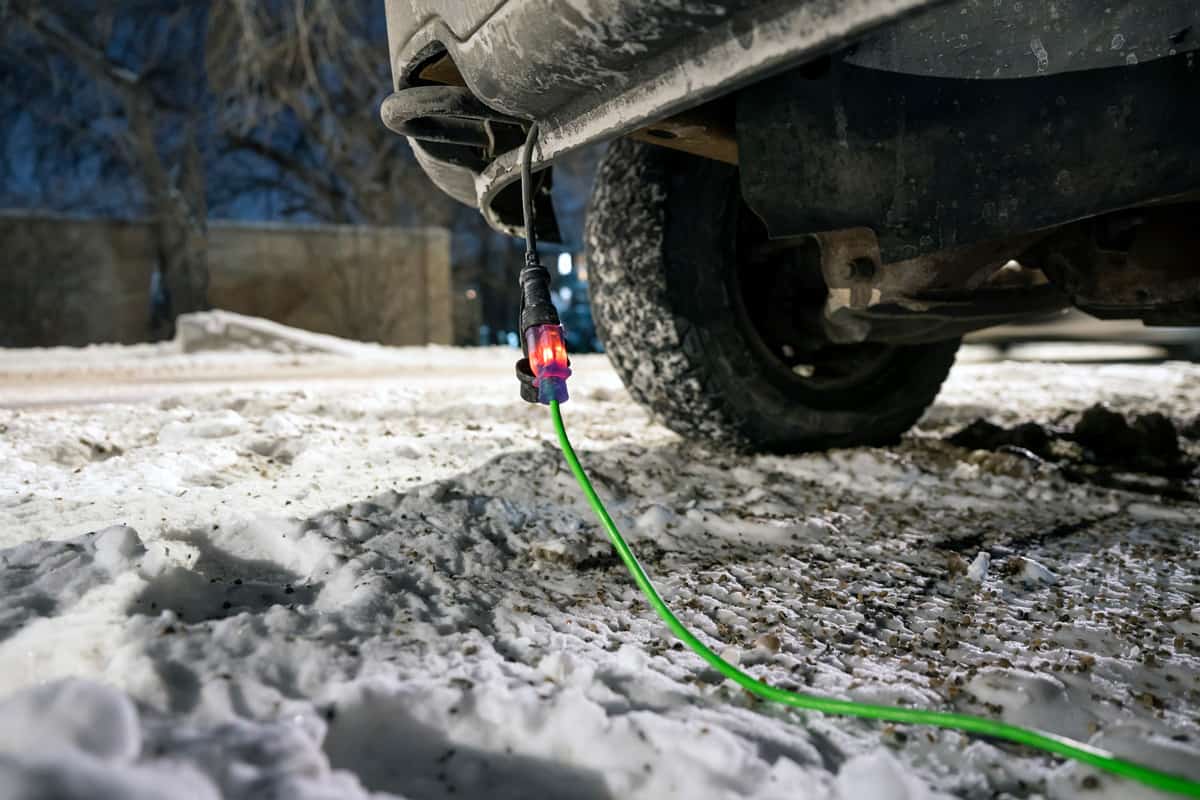
We hope this guide has helped you better understand how a block heater works and how long you should have it plugged in to ensure that your diesel vehicle starts smoothly in the cold.
Before you go, be sure to take a look at these other posts:
Can You Supercharge A Diesel Engine?


